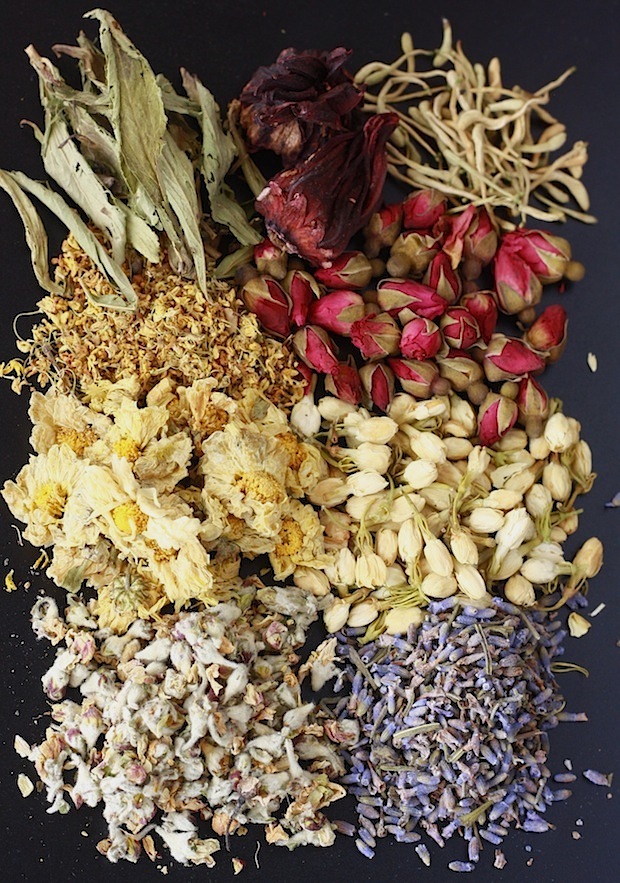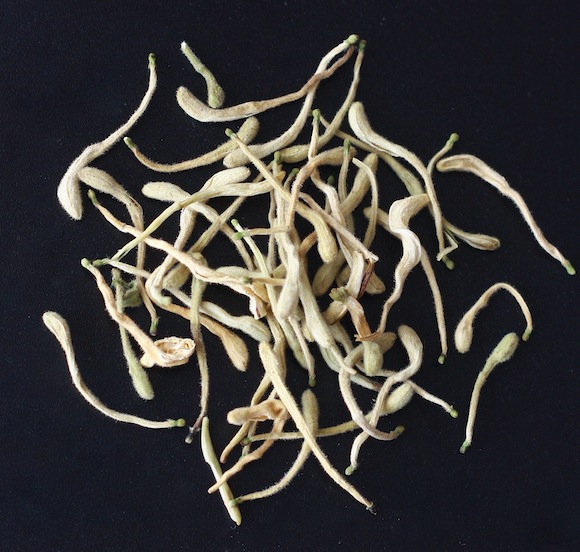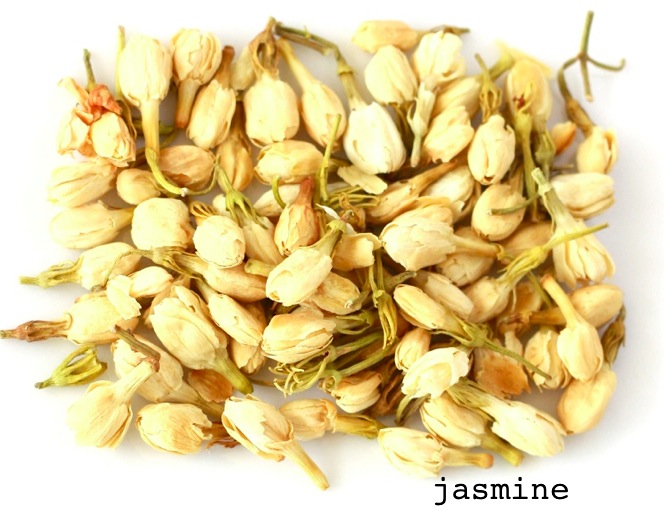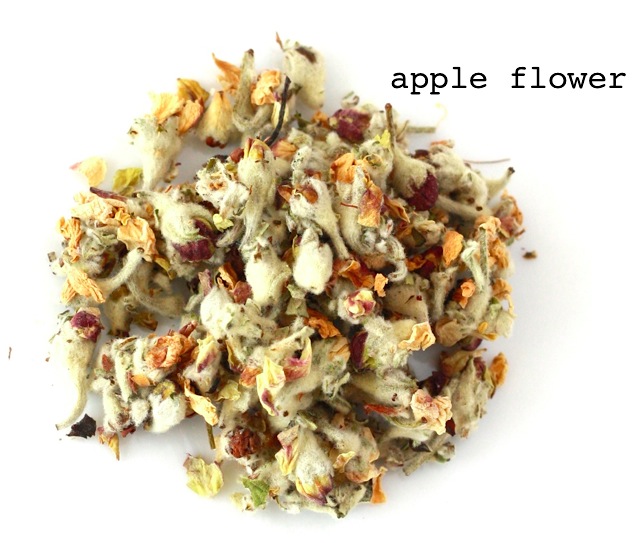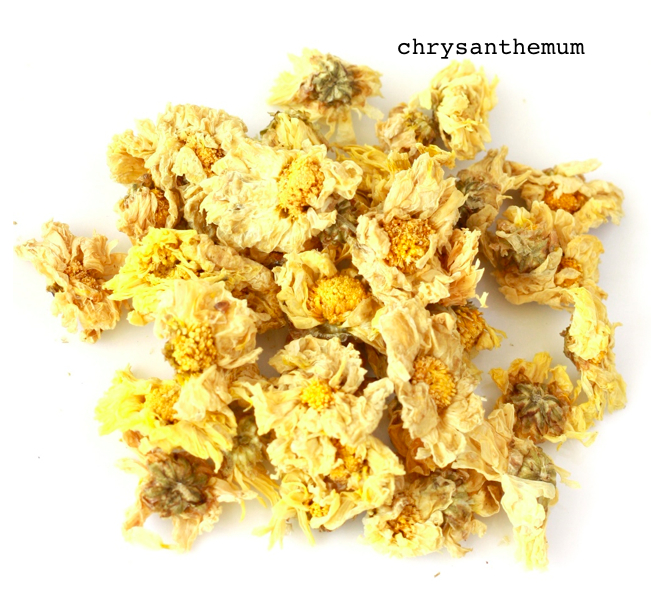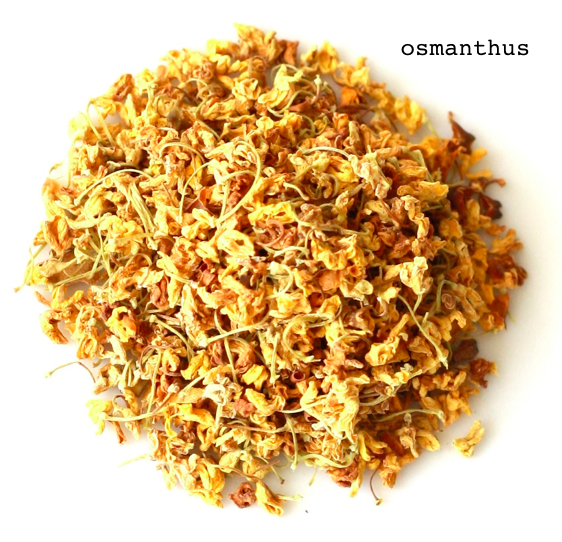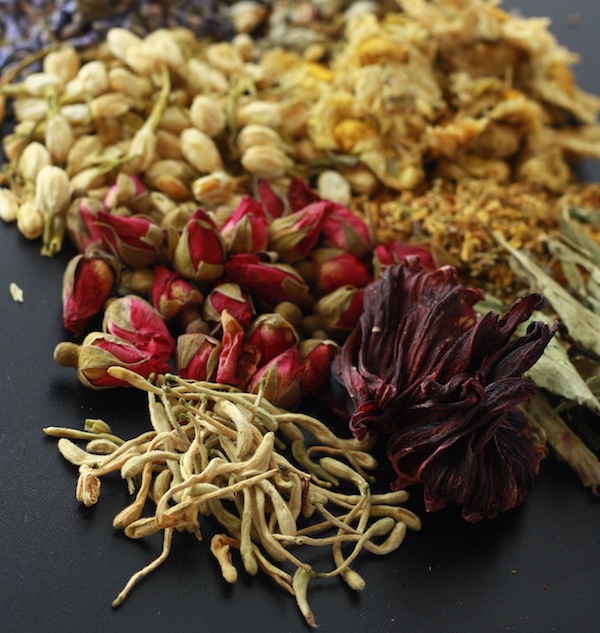Once upon a time…in a small village in China, there were twin girls named Golden Flower and Silver Flower. They were loving sisters who did everything together and promised each other never to be apart. But when they were teenagers, Golden Flower suddenly fell ill with a high fever and red spots all over her body. The doctor examined her, but could do nothing to help her. He warned everyone that she had a contagious disease, and to stay away. Silver Flower loved her sister too much not to be at her side, in life and in death. A few days later, both sisters died of the disease and were buried together that winter.
In the spring, plants of all kinds sprouted up throughout the graveyard. But on Golden Flower and Silver Flower’s grave, only one plant grew – a plant with beautiful yellow & white flowers. Everyone in the village was amazed by the sight, and some were convinced that the girls had transformed into the flowers.
Later in the spring, the disease returned, inflicting two, young sisters in the village. The doctor again warned that it was a fatal, contagious disease. The parents of the sisters were distraught and desperate, so they went to the graveyard, and picked the unusual flowers that only grew upon the gravesite of Golden Flower and Silver Flower. The parents prepared a tea with the yellow & white flowers, and as their daughters drank it day after day, their fever soon reduced, and the red spots disappeared. Upon this miracle, the village named the flower, Jin Yin Hua (金銀花), which means “Gold Silver Flower”.
A legend always carries some truths. The "Gold Silver Flower" is Japanese Honeysuckle (lonicera japonica), which can help reduce a fever and detoxify the body. It is one of the many flowers now commonly used to make Herbal Teas in Chinese Herbal Medicine.
One of the more popular elements of contemporary Chinese herbal medicine is the use of herbal flower teas, such as Chrysanthemum, Jasmine, Lavender, and Osmanthus. Herbal flower teas can help reduce stress, detoxify the body, aid digestion, improve skin tone, and fight fever and flu symptoms. And like other Chinese medicinal herbs, the flowers in herbal teas are generally high in antioxidants, and have many nutritional and medicinal qualities that can help prevent disease.*
Let’s take a look at a few examples of flower teas used today in Chinese Herbal Medicine:
China Rose (Rosa chinensis)
- Chinese name for Rose: Yue Ji Hua 月季花
- Potential medicinal benefits of Rose Tea: relieves menstrual pain and stomach aches, improves blood circulation, strengthens immune system because of high Vitamin C.
Jasmine (Jasminum sambac)
- Chinese name for Jasmine: Mo Li Hua 茉莉花
- Potential medicinal benefits of Jasmine Tea: reduces stress, improves circulation, lowers cholesterol, aids in digestion, alleviates flu symptoms.
Roselle (Hibiscus sabdariffa)
- Chinese name for Roselle: Luo Shen Hua 洛神花
- Potential medicinal benefits of Roselle Tea: improves circulation, lowers blood
pressure, aids digestion, strengthens immune system because of high Vitamin C.
Apple Flower (Datura stramonium)
- Chinese name for Apple Flower: Pin Guo Hua 苹果花
- Potential medicinal benefits of Apple Flower Tea: reduces stress, aids in digestion, clears complexion.
Chrysanthemum (Chrysanthemum morifolium)
- Chinese name for Chrysanthemum: Ju Hua 菊花
- Potential medicinal benefits of Chrysanthemum Tea: reduces stress, detoxifies liver, relieves eye pain and improves vision, alleviates migraines, eases flu symptom.
Lavender (Lavandula angustifolia)
- Chinese name for Lavender: Xun Yi Cao 薰衣草
- Potential medicinal benefits of Lavender Tea: calms the body and mind to prevent insomnia, alleviates migraines and depression, settles a stomach ache.
Osmanthus (Osmanthus fragrans)
- Chinese name for Osmanthus: Gui Hua 桂花
- Potential medicinal benefits of Osmanthus Tea: improves complexion, boosts the immune system, alleviates sore throat and other flu symptoms.
Japanese Honeysuckle (lonicera japonica)
- Chinese name: Jin Yin Hua 金銀花
- Potential medicinal benefits: detoxifies and cools the body to reduce fevers, alleviate sore throats and other flu symptoms, and treat ulcers.
Do you drink any flower teas or other herbal teas? Have you noticed any impact on your health?
*On Season with Spice, we can not claim to the overall effectiveness
of Chinese herbal medicine, but
we do share in one of its basic, universal messages - that spices &
herbs are an essential part of the daily diet in order to lead a
healthy life and prevent disease.

